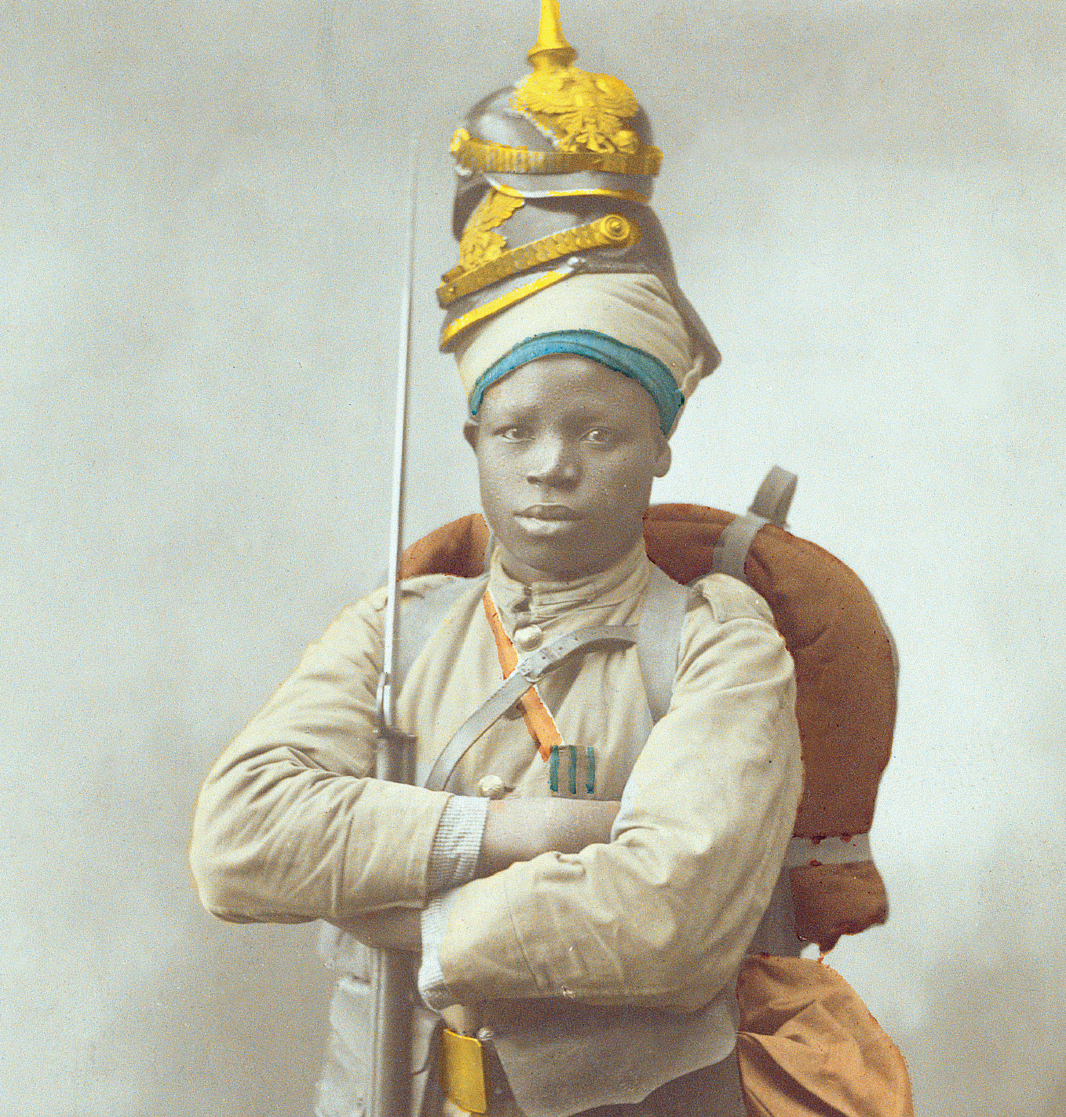Introduction for Chapter 28
28 World War And Revolution 1914–
> In what ways did the First World War represent a fundamental turning point in world history? Chapter 28 examines the First World War, the Russian Revolution, and the decade that followed these cataclysmic events. The First World War was long, global, indecisive, and tremendously destructive. All of the major combatant nations were traumatized and transformed by the war. In Russia, military defeat once again led to social and political unrest. This time, however, the tsarist regime did not survive and was replaced by history’s first Communist state. When the war was finally over, the victorious Allies, led by Britain, France, and the United States, met in Paris to plan the peace to come. In the end, few left Paris satisfied with the results. The peace and prosperity the delegates sought lasted barely a decade.

LearningCurve
After reading the chapter, use LearningCurve to retain what you’ve read.
| 1914 | 1917– |
| Assassination of Archduke Franz Ferdinand; Ottoman Empire joins Central Powers; German victories on the eastern front | Civil war in Russia |
| 1914– |
1918 |
| World War I | Treaty of Brest- |
| 1914 | 1919 |
| Japan joins the Triple Entente and seizes German holdings in China | Treaty of Versailles; Freudian psychology gains popularity; Rutherford splits the atom; Bauhaus school founded |
| 1915 | 1920s |
| Italy joins the Triple Entente; German submarine sinks the Lusitania; Japan expands into southern Manchuria | Existentialism, Dadaism, and surrealism gain prominence |
| 1916 | 1923 |
| Battles of Verdun and the Somme; Irish Easter Rebellion; German Auxiliary Service Law requires seventeen- |
French and Belgian armies occupy the Ruhr |
| 1916– |
1924 |
| Growth of antiwar sentiment throughout Europe | Dawes Plan |
| 1917 | 1926 |
| United States declares war on Germany; Bolshevik Revolution in Russia | Germany joins League of Nations |
| 1928 | |
| Kellogg- |